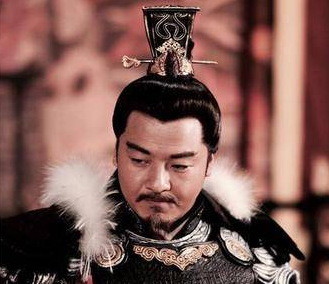In the late Qing Dynasty's Taiping Rebellion, the conflict between the Taiping Army and the Qing Army became a major civil war in Chinese history. How did the weapons of the two sides compare in this conflict, and why were the weapons of the Taiping Army relatively advanced?

First, we need to understand the social background at that time. In the mid-19th century, the invasion of Western powers broke China's isolation, and advanced Western technology began to flow into China. Against this background, the Taiping Army was able to gain access to some advanced Western weapons.
In contrast, the Qing Army still mainly depended on traditional cold weapons such as swords, spears, bows and arrows. Although they also had firearms, their number was small and their technology was backward. The Taiping Army, on the other hand, adopted advanced Western weapons to a certain extent, such as rifles and cannons, which gave them a certain advantage on the battlefield.
In addition, the Taiping Army also had its unique approach to the use of weapons. They not only valued the use of firearms but also paid attention to tactical coordination, such as utilizing terrain and ambushing, which made them more flexible and threatening in battle.
However, despite the relatively advanced weapons of the Taiping Army, their combat effectiveness was not fully utilized due to insufficient training, chaotic command, and other issues. On the contrary, although the weapons of the Qing Army were backward, they often gained an advantage on the battlefield due to strict military discipline and rich combat experience.
Overall, the weapons of the Taiping Army were indeed more advanced compared to the Qing Army, which was mainly reflected in their adoption of advanced Western weapons and flexible tactical application. However, the advancement of weapons cannot determine the outcome of a war, and there is also a need for matching training and command systems.
Disclaimer: The above content is sourced from the internet and the copyright belongs to the original author. If there is any infringement of your original copyright, please inform us and we will delete the relevant content as soon as possible.






























